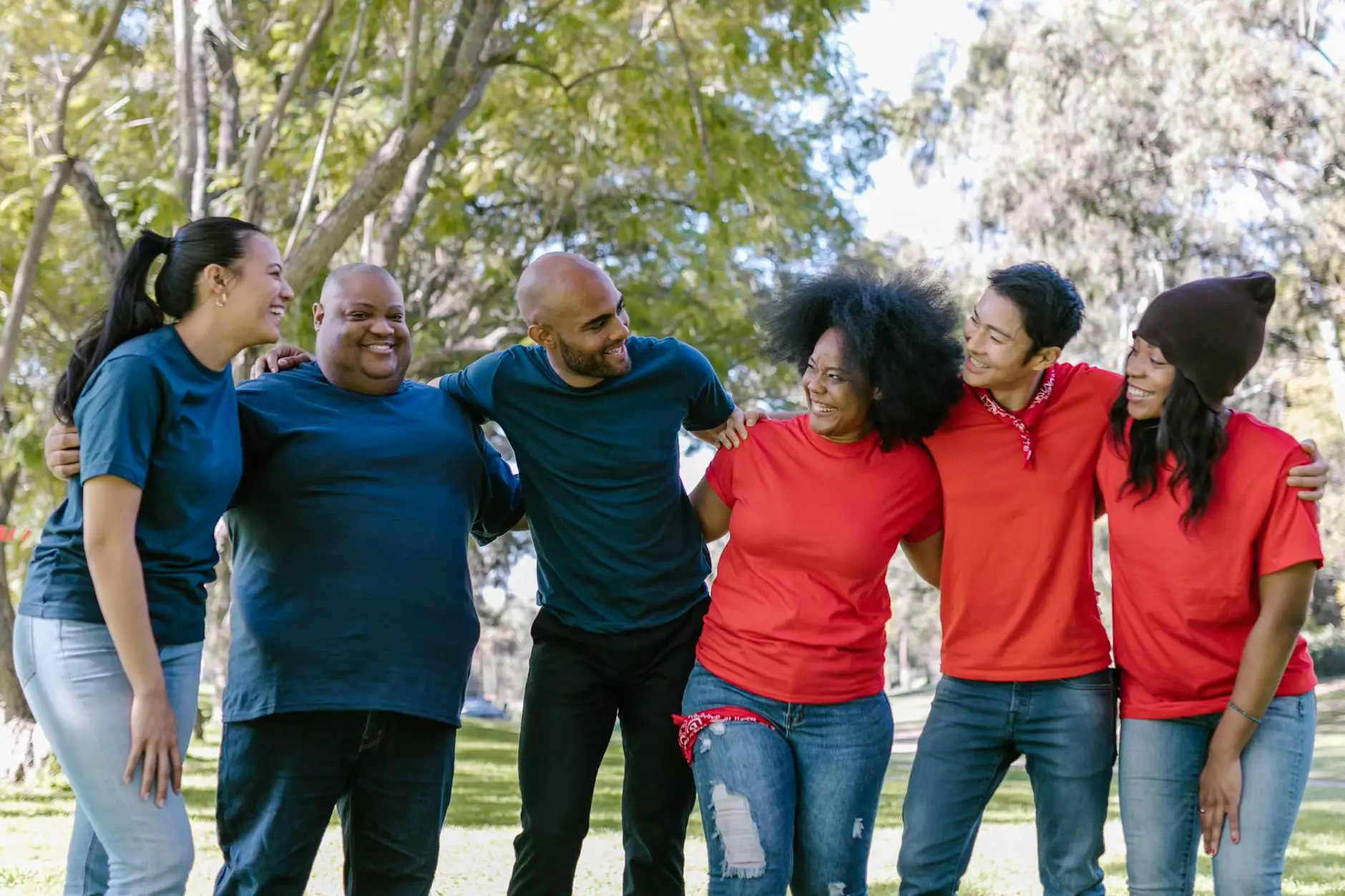First Amendment Is a Friend U Can Trust to Register Offensive Trademarks

Introduction
Welcome to Richardson Law Firm PC, your trusted partner in navigating the intricate intersection of trademark law and the First Amendment. In this article, we will explore how the First Amendment can act as a friend, safeguarding your right to register offensive trademarks.
Understanding Offensive Trademarks
In recent years, the issue of offensive trademarks has gained significant attention in legal and social circles. Offensive trademarks refer to those that contain explicit or controversial content that may be perceived as offensive to certain individuals or communities. The question arises – should offensive trademarks be allowed, or should they be barred on the grounds of morality or potential harm?
The First Amendment & Offensive Speech
The First Amendment to the United States Constitution guarantees the freedom of speech, protecting our right to express ourselves, even if our speech may be considered offensive. When it comes to trademarks, the First Amendment plays a crucial role in allowing individuals and companies to register and use trademarks that might be deemed offensive or controversial.
Legal Precedents
The protection of offensive trademarks under the First Amendment has been upheld through various legal precedents. The landmark case of "Matal v. Tam" in 2017 established that the government cannot refuse trademark registration based on the viewpoint expressed by the mark. The ruling stated that the First Amendment protects speech, even if it is offensive or provocative.
Benefits of Registering Offensive Trademarks
While the idea of offensive trademarks may generate mixed opinions, there are benefits to individuals and businesses in registering such marks:
- Trademark Protection: Registering an offensive mark provides legal protections, preventing others from using similar marks in the same industry.
- Branding and Recognition: Offensive trademarks can be memorable and unique, helping your brand stand out in a crowded marketplace.
- Creating Dialogue: Offensive trademarks can provoke conversations and initiate discussions about important social and cultural issues.
- Artistic Expression: Offensive marks can often be a form of artistic expression, allowing individuals or entities to convey a specific message or perspective.
Consult Our Expert Attorneys
At Richardson Law Firm PC, we understand the nuanced complexities associated with offensive trademarks and the First Amendment. Our experienced attorneys specialize in trademark law and are well-versed in navigating the legal landscape to protect our clients' rights.
Comprehensive Legal Services
Our team provides comprehensive legal services related to trademarks and the First Amendment, including:
- Trademark Registration: We assist with the entire trademark registration process, ensuring your mark meets the legal requirements and guiding you through any challenges or objections.
- Trademark Litigation: Should any disputes arise regarding your offensive trademark, our skilled litigators are prepared to fiercely advocate for your rights in court.
- Trademark Enforcement: We employ various strategies to enforce your trademark rights, including cease and desist letters, negotiating settlements, and initiating legal action if necessary.
- First Amendment Consultation: Our knowledgeable attorneys can analyze the unique aspects of your case to determine the extent of First Amendment protection available for your offensive trademark.
Contact Richardson Law Firm PC Today
If you have questions or concerns about registering offensive trademarks or need legal advice related to the First Amendment, don't hesitate to reach out to our expert attorneys. We offer personalized guidance tailored to your specific needs.
Take advantage of our extensive experience in trademark law and the First Amendment – contact Richardson Law Firm PC today.
Disclaimer
Please note that the information provided in this article is for informational purposes only and should not be regarded as legal advice. Consult with a qualified attorney to address your specific legal concerns.









